In this article, I discuss how you can use self-help books to improve your life.
I’ve been a big fan of self-help books ever since I read the best-selling Your Erroneous Zones by Dr. Wayne Dyer when I was a teenager. Reading that book was my first exposure to how we can use our thoughts to lessen the impact of negative events, behaviours and comments. It was a life-changing experience for me to realize that a big contributor to my being upset was my thinking and interpretation of situations and behaviours. Your Erroneous Zones gave me valuable life skills and led me toward a career as a Calgary psychologist and a Cochrane psychologist in which I have helped others acquire these skills.
How reading self-help books can help you
As a result of my positive experience with self-help books, I regularly recommend them to people I know including my clients. By reading self-help books, people can enjoy specific benefits. These include:
(1) They provide specific ideas you can use to improve your life. Self-help books are filled with skills, strategies and activities you can use to enhance your well-being. For example, Mind Over Mood teaches you skills from cognitive behavioural therapy (CBT) which you can use to change how you feel by changing the way you think;
(2) They build hope and positive expectations. Having hope and positive expectations that you can address your issues plays a key role in whether you will be able to do so by giving you the motivation to put in the effort necessary to make progress. Self-help books help build these positive expectations by showing how you can succeed in overcoming your problems;
(3) They facilitate an action-oriented approach to addressing issues. Progress on issues occurs mainly by taking action through making changes in thinking and behaviour rather than by just talking about what’s bothering you. Self-help books encourage this active approach;
(4) They counteract ruminating. When you’re dealing with an issue, it’s easy to slip into ruminating—dwelling on negative thoughts which only make you feel worse. Self-help books help you channel your need to think about your issue in a productive manner in which you discover ways to overcome your challenges. Needless to say, this type of thinking has a much more positive effect on your mood than does ruminating.
Using self-help books in therapy
As helpful as many self-help books are by themselves, there may be instances in which you may find it helpful or even necessary to work with a therapist to help you implement their ideas. There are several reasons you may choose this ‘combination approach’:
(1) Changing long-standing behaviours and thinking patterns requires consistent effort and practice over a period of time. Checking in with a therapist will keep you on track with your desired changes so you can continue to move down the road to successful change. Working in isolation often results in giving up before you have put in the required effort and practice to make the changes recommended by your self-help books;
(2) A professional you meet with regularly can help you overcome obstacles you encounter in implementing the changes recommended by your self-help books. Without this support, you may be more likely to give up in the face of such obstacles;
(3) A therapist will be able to tell you whether the ideas from your self-help books are good ones which are likely to lead to positive change;
(4) Finally, using a self-help book without professional guidance makes more sense if you are seeking to improve yourself rather than to address very difficult issues. In the latter case, having the support of a therapist in conjunction with implementing ideas from your self-help books is the best course of action.
Some great self-help books for various issues
To conclude this article, I would like to present some of my favourite self-help books from different categories of counselling:
(1) Depression counselling: Mind over Mood by Greenberger and Padesky, Breaking the Patterns of Depression by Yapko and The How of Happiness by Lyubomirksy
(2) Anxiety counselling: The Anxiety and Worry Workbook by Clark and Beck
(3) Addiction counselling and eating disorders counselling: Sex, Drugs, Gambling and Chocolate by Horvath
(4) Relationship counselling/couples counselling: The Seven Principles for Making Marriage Work and The Relationship Cure—both by Gottman
(5) Counselling for affairs: After the Affair by Spring
(6) Self-esteem: Overcoming low self-esteem by Fennell
May you help yourself to self-help books,
-Dr. Pat

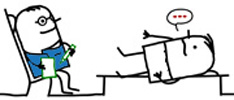
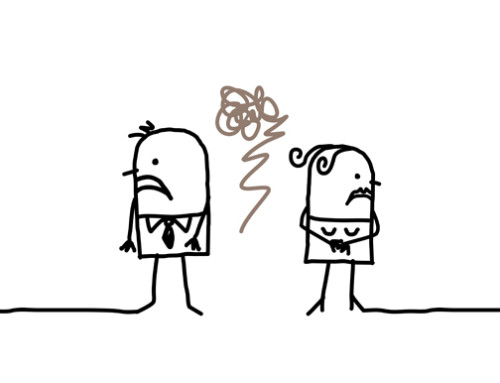
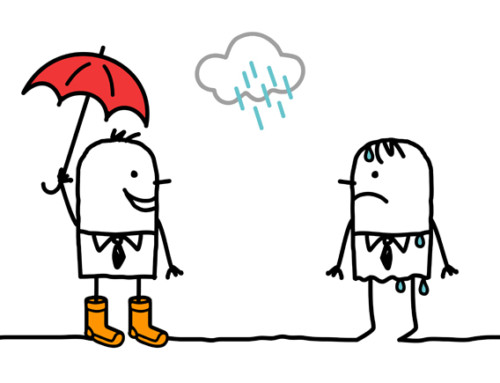
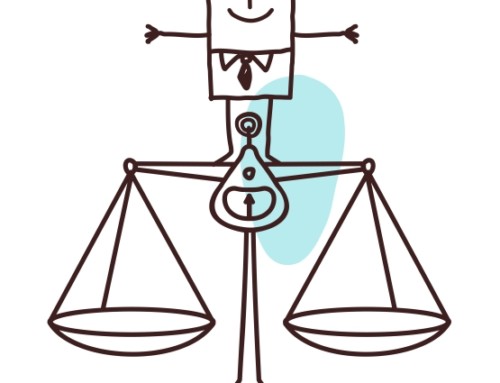
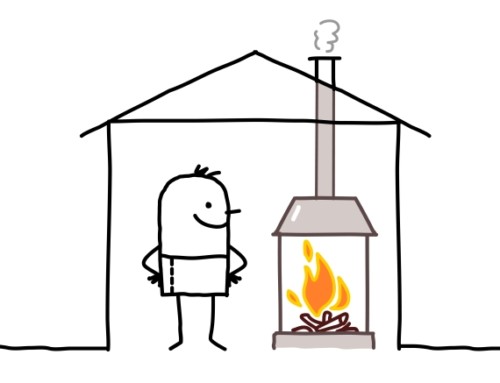
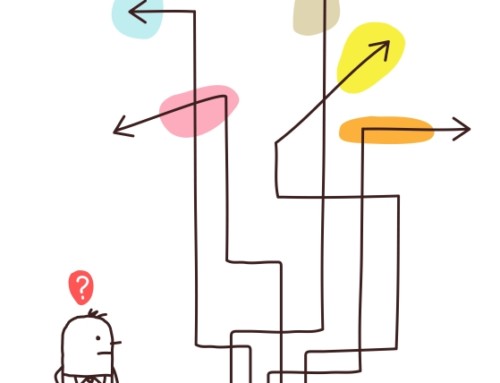
Leave A Comment